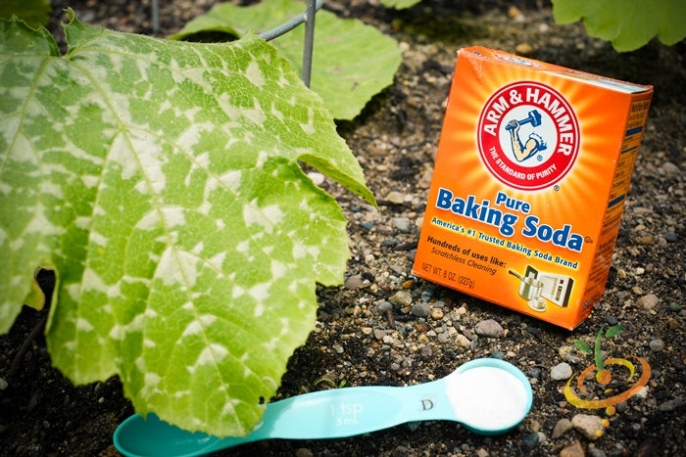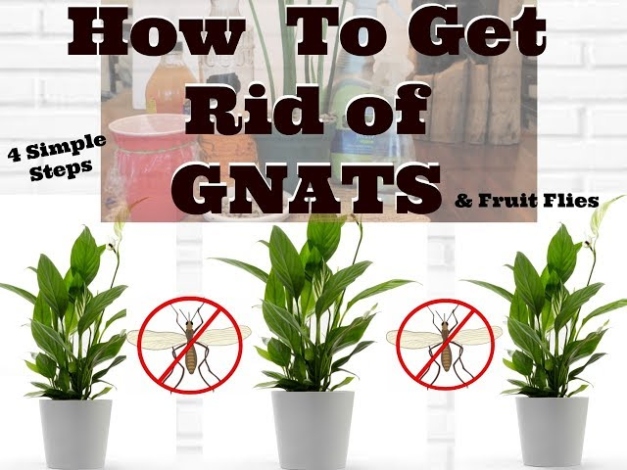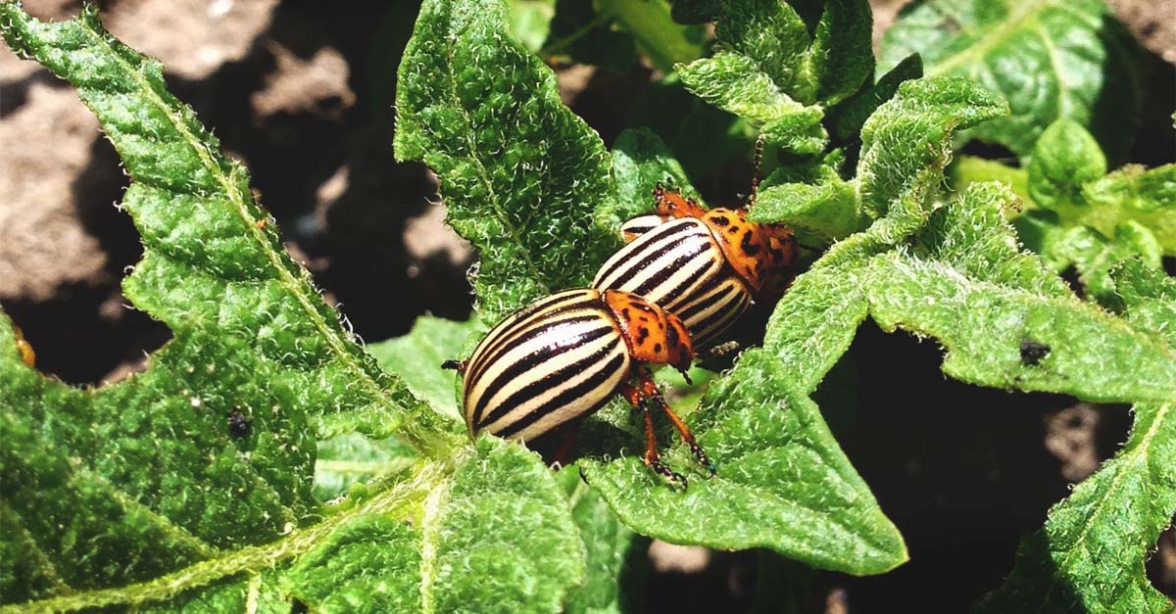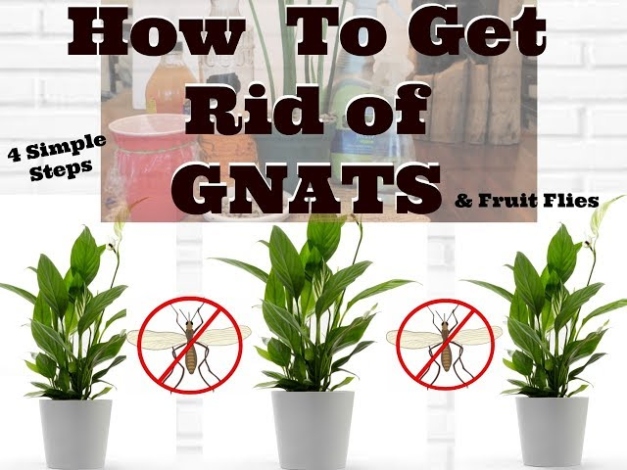Say Goodbye to Unwanted Guests!
Have you ever walked into your garden only to find that it has been taken over by unwanted guests? Bugs, pests, and insects can wreak havoc on your Plants, leaving them looking unhealthy and struggling to thrive. But fear not, because there are plenty of natural and effective strategies you can use to banish these plant pests for good!
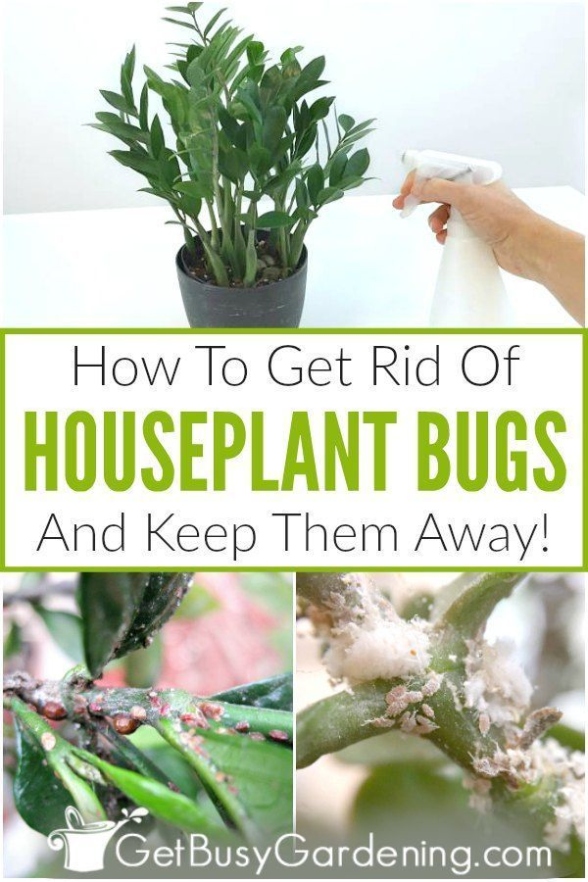
Image Source: pinimg.com
One of the best ways to eliminate bugs from your garden is by using natural predators. Ladybugs, lacewings, and predatory mites are just a few examples of beneficial insects that can help keep pest populations in check. By introducing these natural predators into your garden, you can create a balanced ecosystem that will help prevent pest outbreaks and keep your plants healthy and happy.
Another effective strategy for eliminating bugs naturally is to use Homemade insecticidal sprays. These sprays are made from ingredients like garlic, hot pepper, and soap, which are all natural and safe for your plants. Simply mix up a batch of spray and apply it to your plants to deter pests and keep them at bay.
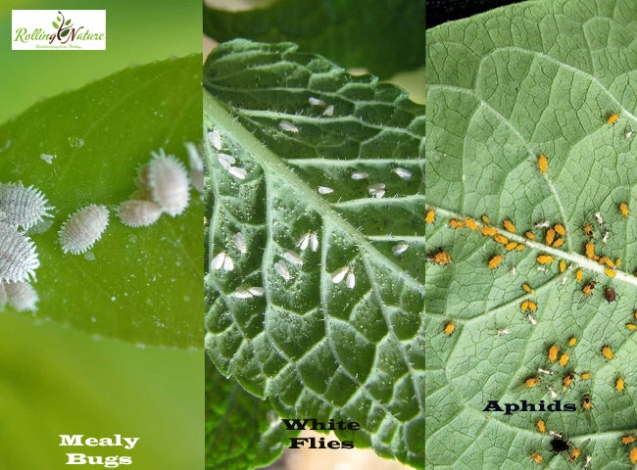
Image Source: rollingnature.com
In addition to natural predators and homemade sprays, there are plenty of other natural remedies you can use to keep bugs away from your plants. For example, planting companion plants like marigolds, lavender, and basil can help repel pests and protect your plants from damage. You can also create physical barriers like row covers or netting to keep bugs from reaching your plants in the first place.
When it comes to banishing plant pests, prevention is key. By practicing good garden hygiene, such as removing debris and weeds, you can help reduce the likelihood of pests taking up residence in your garden. Regularly inspecting your plants for signs of pest damage and taking action at the first sight of trouble can also help prevent infestations from getting out of hand.
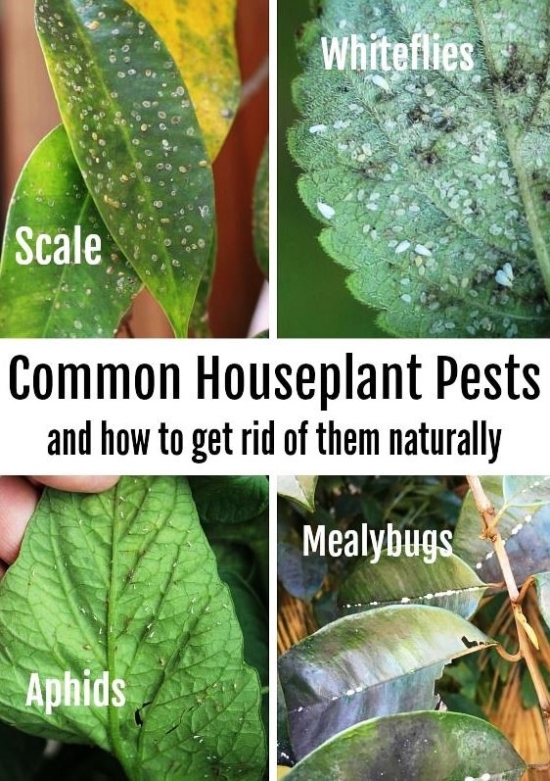
Image Source: wattersgardencenter.com
In conclusion, there are plenty of natural and effective strategies you can use to say goodbye to unwanted guests in your garden. By using natural predators, homemade sprays, companion plants, and good garden hygiene practices, you can keep bugs at bay and ensure that your plants stay healthy and happy. So don’t let those pesky pests ruin your garden – take action today and banish them for good!
Nature’s Pest Control at Your Fingertips
When it comes to banishing Plant pests, nature provides us with incredible tools right at our fingertips. Instead of reaching for harsh chemicals that can harm both your plants and the environment, consider tapping into the power of natural pest control methods. From beneficial insects to Homemade sprays, there are numerous strategies you can use to keep your garden free of unwanted guests.
One of the most effective ways to harness nature’s pest control is by introducing beneficial insects into your garden. Ladybugs, lacewings, and praying mantises are just a few examples of insects that can help keep destructive pests in check. Ladybugs, for instance, are voracious predators of aphids, while lacewings feed on caterpillars and other soft-bodied insects. By attracting and supporting these beneficial insects, you can create a natural balance that helps protect your plants from infestations.
In addition to beneficial insects, you can also use companion planting to naturally deter pests. Certain plants, such as marigolds, basil, and mint, are known for their ability to repel insects. By strategically interplanting these pest-repelling plants with your vegetables or flowers, you can create a barrier that pests are less likely to breach. Not only does companion planting help keep pests at bay, but it also adds beauty and diversity to your garden.
Another powerful tool in nature’s arsenal is homemade pest control sprays. By using ingredients like garlic, neem oil, and peppermint, you can create effective sprays that target specific pests without harming beneficial insects or pollinators. For example, a garlic spray can help repel aphids and caterpillars, while a neem oil spray is effective against spider mites and whiteflies. These homemade remedies are not only safe for your plants and the environment, but they are also easy and inexpensive to make.
To further enhance nature’s pest control, consider creating a welcoming habitat for beneficial insects in your garden. This can be done by providing food sources, shelter, and water for these helpful insects. Planting a variety of flowers that attract pollinators, such as bees and butterflies, can also help support a healthy ecosystem in your garden. By nurturing a diverse and thriving environment, you can encourage natural pest control to flourish.
In conclusion, nature truly provides us with an abundance of tools to combat plant pests in a safe and effective manner. By harnessing the power of beneficial insects, companion planting, homemade sprays, and creating a welcoming habitat, you can keep your garden healthy and pest-free. So the next time you encounter unwanted guests in your garden, remember that nature’s pest control is right at your fingertips. Embrace these natural strategies and watch as your plants thrive without the need for harsh chemicals.
Bug Off! Keeping Plants Happy and Healthy
When it comes to maintaining a healthy garden, one of the biggest challenges can be dealing with pesky plant pests. These unwanted bugs can wreak havoc on your plants, causing damage and reducing their overall health. But fear not, there are plenty of natural and effective strategies for banishing these pests and keeping your plants happy and healthy!
One of the best ways to prevent plant pests is by creating a diverse and balanced ecosystem in your garden. By planting a variety of different flowers, herbs, and vegetables, you can attract beneficial insects that will help to control the population of harmful pests. Ladybugs, lacewings, and parasitic wasps are just a few examples of insects that can be your garden’s best friends when it comes to pest control.
Another key strategy for keeping pests at bay is practicing good garden hygiene. This means regularly cleaning up debris, weeds, and fallen leaves that can provide hiding spots and breeding grounds for pests. By keeping your garden clean and tidy, you can reduce the risk of infestations and keep your plants healthy.
Natural predators can also be a valuable asset in the fight against plant pests. Birds, frogs, and even some small mammals can help to keep pest populations in check. By providing habitats for these creatures in your garden, such as bird feeders, birdbaths, and small ponds, you can encourage them to stick around and lend a helping hand.
If you do happen to notice signs of pest infestation in your garden, there are plenty of natural remedies that you can use to combat the problem. For example, neem oil is a popular insecticide that is derived from the seeds of the neem tree. It is effective against a wide range of pests, including aphids, mites, and caterpillars, and is safe to use on most plants.
Another natural pest control option is diatomaceous earth, a fine powder made from the fossilized remains of algae. When sprinkled on the soil around your plants, diatomaceous earth can help to deter pests like slugs, snails, and ants. It works by dehydrating the pests’ exoskeletons, causing them to die off.
For those dealing with fungal diseases like powdery mildew or black spot, a solution of baking soda and water can be an effective treatment. Simply mix together one tablespoon of baking soda with one gallon of water and spray it on the affected plants. The alkaline nature of the baking soda helps to disrupt the growth of the fungus, providing relief for your plants.
In addition to these natural remedies, there are also a number of preventative measures that you can take to keep pests away from your garden. For example, planting garlic, chives, and other strong-smelling herbs can help to repel pests like aphids and spider mites. You can also create physical barriers, such as row covers or netting, to protect your plants from hungry insects.
By incorporating these strategies into your gardening routine, you can effectively banish plant pests and keep your plants happy and healthy. With a little bit of effort and creativity, you can create a thriving garden that is free of creepy crawlies and full of vibrant, flourishing plants. So bug off, pests – there’s no room for you in this garden!
A Garden Free of Creepy Crawlies!
When it comes to maintaining a thriving garden, dealing with Plant pests can often be a frustrating challenge. However, there are a variety of natural and effective strategies that can help you banish those pesky bugs from your garden and keep your plants healthy and happy.
One of the best ways to ensure a garden free of creepy crawlies is to encourage a diverse ecosystem in your yard. By planting a variety of flowers, herbs, and vegetables, you can attract beneficial insects such as ladybugs, lacewings, and predatory wasps that feed on common garden pests like aphids, caterpillars, and mites. These helpful insects act as natural pest control, keeping your garden in balance without the need for harmful chemicals.
Another effective method for eliminating bugs naturally is to incorporate companion planting into your garden design. Certain plants have natural pest-repelling properties that can help protect your other crops. For example, planting marigolds around your tomatoes can help deter nematodes, while growing basil near your peppers can help repel aphids. By strategically placing these companion plants throughout your garden, you can create a natural barrier against pests.
In addition to attracting beneficial insects and using companion planting, there are several other natural pest control methods you can employ to keep your garden bug-free. One popular technique is to make Homemade insecticidal sprays using ingredients like garlic, neem oil, and soap. These natural solutions can help eliminate common pests while being safe for your plants, pets, and the environment.
If you’re dealing with a particularly stubborn pest infestation, you may need to get your hands dirty and manually remove the bugs from your plants. This can be a tedious task, but it can be an effective way to control the population of pests in your garden without resorting to chemical pesticides. Simply inspect your plants regularly, handpick any pests you find, and dispose of them in a bucket of soapy water to prevent them from returning.
For those gardeners who prefer a hands-off approach to pest control, introducing beneficial nematodes into your soil can be a game-changer. These microscopic organisms feed on harmful insects like grubs, weevils, and caterpillars, effectively reducing their populations and protecting your plants from damage. Beneficial nematodes are easy to apply and can provide long-lasting pest control throughout the growing season.
In conclusion, maintaining a garden free of creepy crawlies is entirely possible with the right strategies and techniques. By creating a diverse ecosystem, incorporating companion planting, using natural insecticidal sprays, manually removing pests, and introducing beneficial nematodes, you can effectively eliminate bugs from your garden while keeping your plants healthy and thriving. So, say goodbye to unwanted guests and embrace a garden full of flourishing plants!
how to get rid of plants bugs







